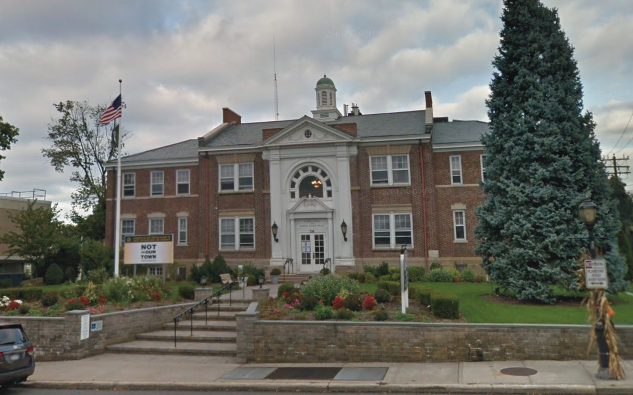The Town of North Hempstead is appealing a ruling by a Nassau County judge that struck down a set of town regulations requiring contractors doing large projects to be involved with apprenticeship programs, but it did not explain Monday what the town disputes.
Robert Gramman of Gramman Plumbing & Heating, a Carle Place-based company, along with the Plumbing, Heating & Cooling Contractors of Long Island, a trade organization, challenged a series of town mandates for contractors and subcontractors involving apprenticeship programs.
More specifically, town laws required contractors engaged in projects with 100,000 square feet or more to be in appropriate apprenticeship agreements. Contractors with contracts worth at least $250,000 also had to participate in apprenticeship training agreements and have at least one graduate.
The same requirement was added to contracts with the town worth $500,000 or more.
in Aug. 7 and Jan. 14 decisions, Judge James McCormack of the Nassau Supreme Court found that the laws “do not bear a substantial relation to the promotion of the public health, safety, morals or general welfare of the community.” Instead, he wrote, the amendments “had the intent of favoring union contractors over non-union contractors.”
A Town of North Hempstead spokesperson said Monday the town was appealing the decision and could not comment further on pending litigation. No explanation was given for the appeal.
“It is unclear how having an apprentice present ensures safer working conditions than having a master plumber,” McCormack wrote last year in the Aug. 7 ruling. “Perhaps most troubling, however, is that it appears that the only way for Gramman, or a similarly situated contractor to comply with the law, is to become unionized.”
Don Conway, the president of Plumbing, Heating & Cooling Contractors of Long Island, said the organization challenged the law to correct language that adversely affected competition and its members’ ability to provide services.
“This law placed undue restrictions on our members; however, with this ruling, the market is now open and this will benefit professionals, customers and the region economically,” Conway said.



